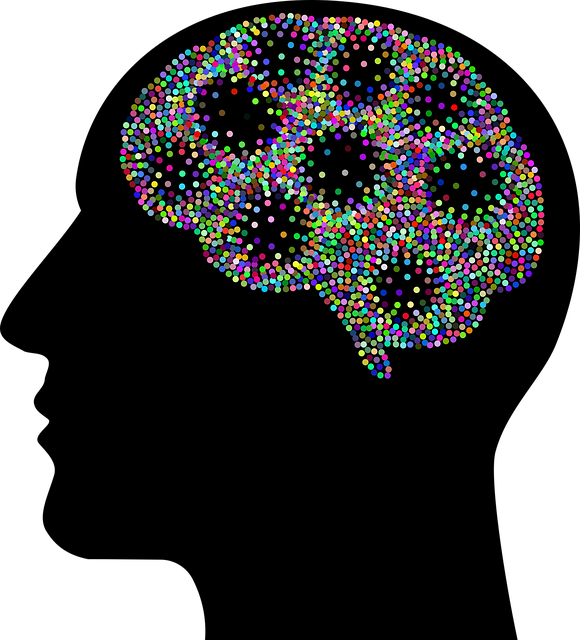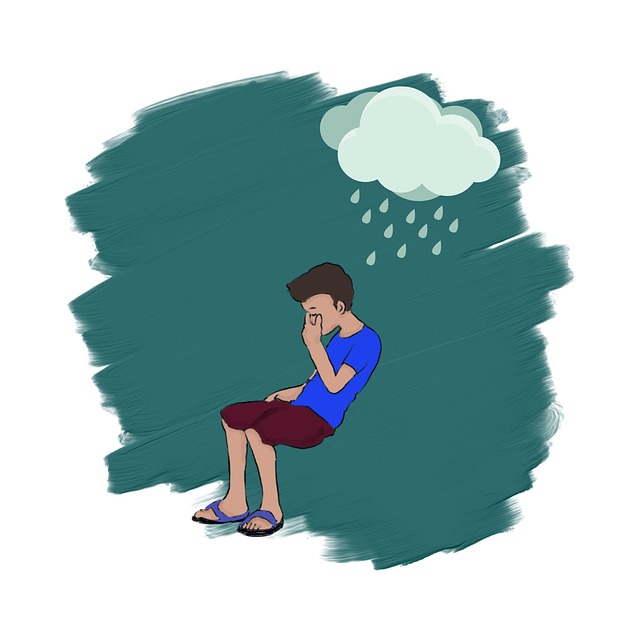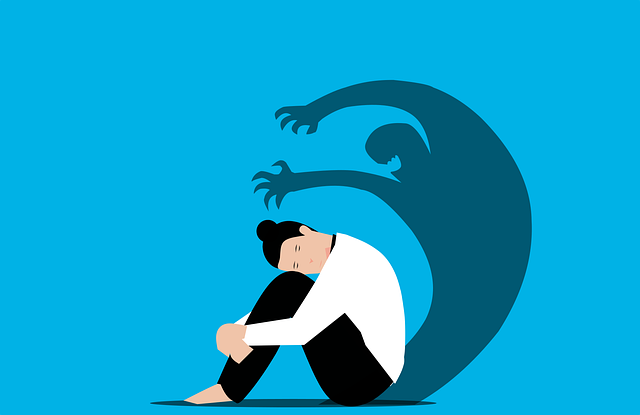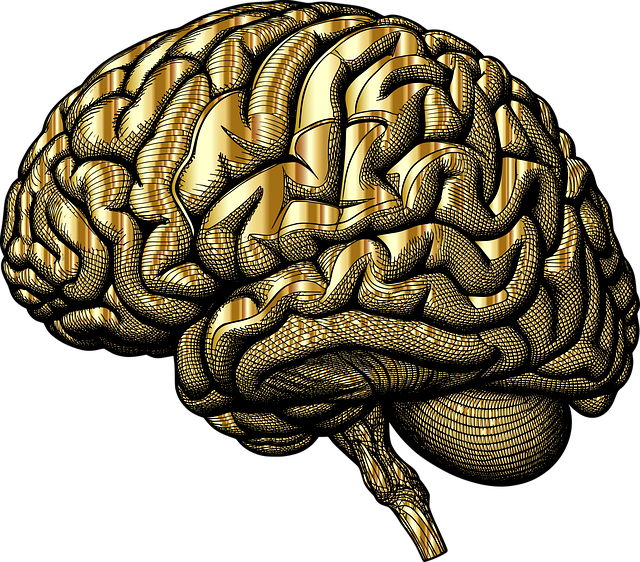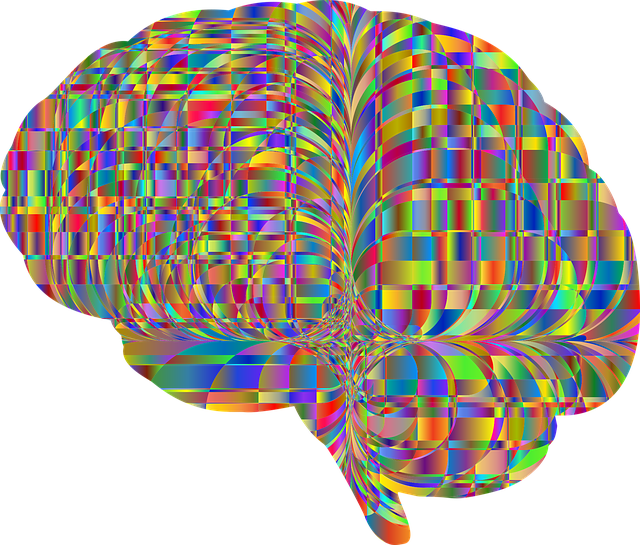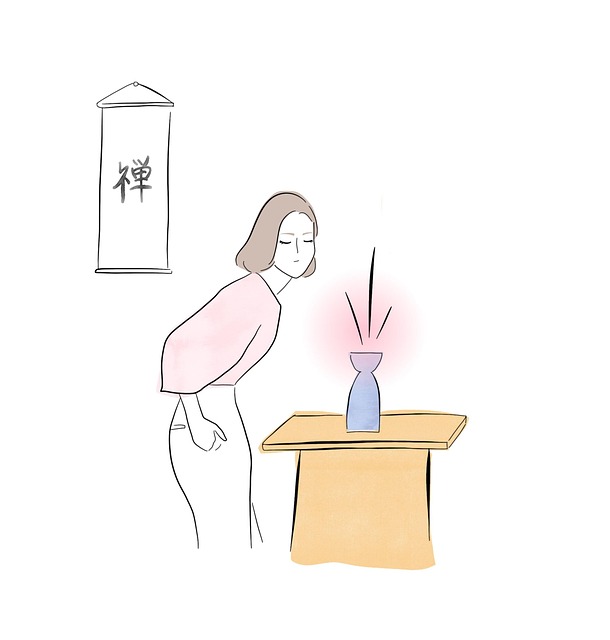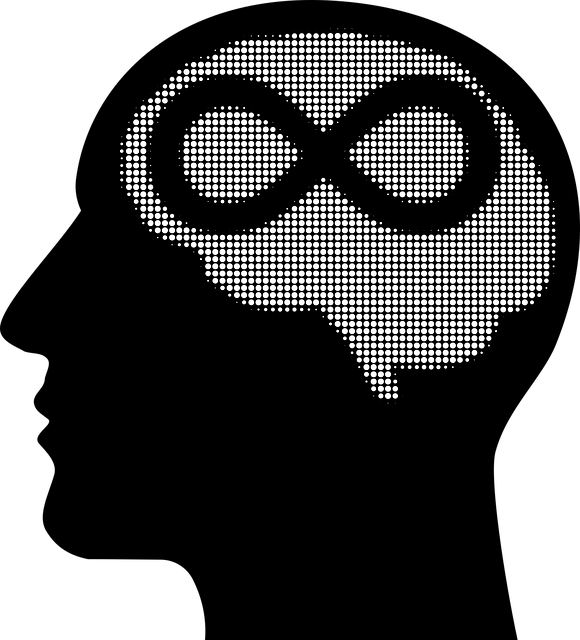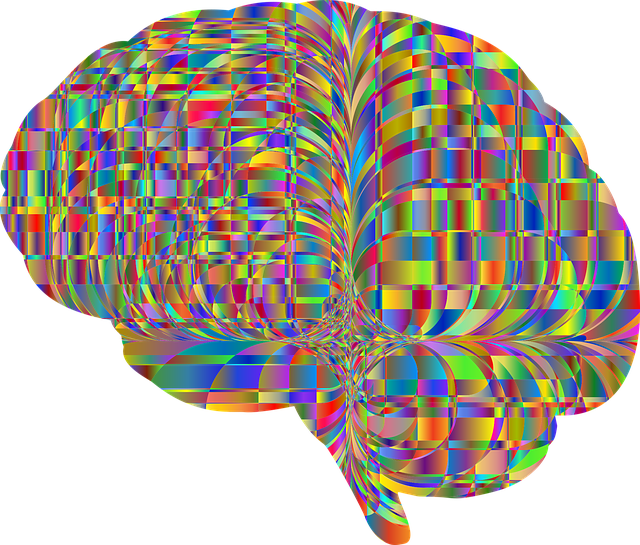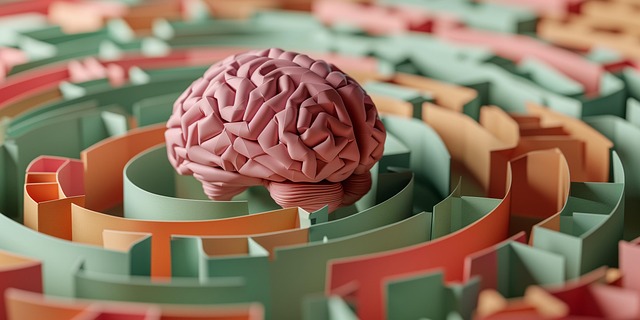Mental wellness programs tailored for children with Attention Deficit Disorder (ADD) or Attention Deficit Hyperactivity Disorder (ADHD) employ specialized techniques like cognitive-behavioral therapy (CBT), mindfulness, and structured behavioral interventions to enhance focus, impulse control, and emotional regulation. Evaluating these programs requires diverse assessment methods beyond self-reporting, including teacher/parent ratings, direct observation, and standardized cognitive/behavioral measures. Cultural competency training for healthcare providers and public awareness campaigns also impact program outcomes. Behavioral observations and parent feedback are crucial tools in assessing therapy success, while standardized measures help track progress and tailor interventions. Longitudinal tracking over time ensures the effectiveness of programs and contributes to evidence-based practices, cultural competency, and stigma reduction in therapy for children with ADD-ADHD.
Evaluating mental wellness programs for children with Attention Deficit Disorder (ADD) or Attention Deficit Hyperactivity Disorder (ADHD) is crucial for ensuring effective therapy. This article explores comprehensive evaluation methods, from behavioral observations and parent feedback to standardized measures and longitudinal tracking. Understanding these techniques empowers educators and caregivers to assess program effectiveness, make data-driven decisions, and ultimately enhance the success of therapy for children with ADD-ADHD.
- Understanding Mental Wellness Programs for Children with ADD-ADHD
- Assessment Techniques to Evaluate Program Effectiveness
- Behavioral Observations and Parent Feedback
- Standardized Measures and Their Role in Evaluation
- Longitudinal Tracking: Measuring Progress and Success
Understanding Mental Wellness Programs for Children with ADD-ADHD

Mental wellness programs tailored for children with Attention Deficit Disorder (ADD) or Attention Deficit Hyperactivity Disorder (ADHD) are designed to address unique challenges these young individuals face. These programs often incorporate specialized therapy techniques such as cognitive-behavioral therapy (CBT), mindfulness practices, and structured behavioral interventions. The goal is to enhance focus, improve impulse control, and foster better emotional regulation skills. Early intervention through such therapy for children ADD-ADHD can be instrumental in preventing burnout later in life, a concern often seen among healthcare providers who may also struggle with self-care routines.
Understanding the core symptoms of ADD-ADHD is crucial when evaluating these programs. Children with these conditions might exhibit difficulty sustaining attention, hyperactivity, impulsivity, or a combination of these. Effective mental wellness programs integrate age-appropriate activities that capture and maintain their interest while teaching valuable coping mechanisms. Incorporating self-awareness exercises can help these children recognize their emotions and triggers, promoting better decision-making and self-management—all essential components of a robust self-care routine development for better mental health.
Assessment Techniques to Evaluate Program Effectiveness

Evaluating a mental wellness program’s effectiveness involves diverse assessment techniques that go beyond simple self-reporting. For programs catering to therapy for children with ADD-ADHD, this might include teacher and parent ratings, direct observation in classroom settings, and standardized measures of cognitive functioning and behavioral symptoms. These multi-method approaches provide a comprehensive view, ensuring that improvements are not just reported by the child but also observed and measured across various contexts.
For instance, healthcare provider cultural competency training can enhance evaluation by encouraging providers to consider the impact of cultural factors on program outcomes. Similarly, public awareness campaigns development and compassion cultivation practices might influence both participant readiness for therapy and their subsequent engagement, thereby affecting the perceived effectiveness of the program.
Behavioral Observations and Parent Feedback

Behavioral observations and parent feedback play a crucial role in evaluating mental wellness programs designed for children with Attention-Deficit/Hyperactivity Disorder (ADD-ADHD). Therapists can closely monitor a child’s behavior, focusing on improvements or challenges during structured activities, social interactions, and daily routines. This method provides valuable insights into the effectiveness of the therapy, offering quantifiable data on attention span, impulse control, and overall engagement.
Parent feedback is equally essential as it offers a broader perspective on the child’s progress. Parents can share their observations regarding changes in behavior at home, school, or during social events. This qualitative data complements quantitative measurements, allowing mental health professionals to develop tailored interventions for better risk management planning (for Mental Health Professionals). Moreover, integrating parent feedback into therapy sessions enhances cultural competency among healthcare providers, ensuring a more inclusive and effective support system for children with ADD-ADHD while addressing potential depression prevention concerns.
Standardized Measures and Their Role in Evaluation

Standardized measures play a pivotal role in evaluating mental wellness programs, especially when focusing on therapy for children with ADD-ADHD. These tools are designed to assess various aspects of a child’s emotional and behavioral well-being consistently and objectively. By employing standardized tests and questionnaires, professionals can gather valuable data that tracks progress over time, enabling them to tailor interventions accordingly. This ensures that the therapy aligns with the unique needs of each child, be it enhancing mood management skills or improving communication strategies.
Furthermore, these measures facilitate comparison across different programs and treatment modalities, allowing for a more informed decision-making process. By utilizing reliable and validated instruments, mental health practitioners can accurately gauge the effectiveness of stress reduction methods implemented in ADD-ADHD therapy. This data-driven approach not only benefits individual children but also contributes to the overall advancement of evidence-based practices in pediatric mental wellness programs.
Longitudinal Tracking: Measuring Progress and Success

Longitudinal tracking is a powerful method to evaluate mental wellness programs, especially when focusing on therapy for children with ADD-ADHD. By measuring progress over an extended period, professionals can gain valuable insights into the effectiveness of interventions. This approach allows for a comprehensive understanding of a child’s development, identifying areas of improvement and potential setbacks. For instance, regular assessments can reveal whether behavioral modifications stick or if new strategies are needed to address emerging challenges.
In the context of mental health services, longitudinal tracking plays a crucial role in evaluating not only individual progress but also the overall success of programs. It aids in refining therapeutic methods, ensuring cultural competency among healthcare providers, and even informs stigma reduction efforts. This data-driven approach enables mental health professionals to make informed decisions, tailor interventions, and ultimately improve outcomes for children navigating ADD-ADHD and other mental illness challenges.
Evaluating mental wellness programs for children with ADD-ADHD is a multifaceted process that combines various assessment techniques. From behavioral observations and parent feedback to standardized measures and longitudinal tracking, each method offers unique insights into the effectiveness of therapy for children with ADD-ADHD. By integrating these approaches, professionals can gain a comprehensive understanding of progress and success, ensuring tailored interventions that support the holistic mental wellness of these young minds.
